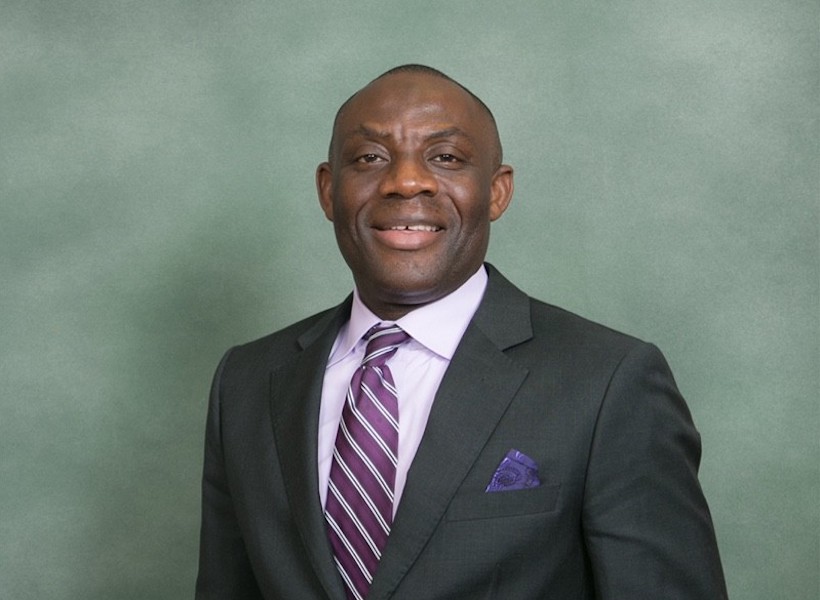
The Federal Government has established a 15-member National Task Force Committee for Cervical Cancer Elimination (NTF-CCE) to drive its cervical cancer elimination campaign aimed at screening 50 per cent of eligible women and treating 100 per cent of detected precancerous lesions by 2027.
The committee, which will be chaired by former Health Minister, Prof Isaac Adewole, has Zainab Bagudu as Vice Chairman and Prof Sani Malami as Secretary.
Minister of State for Health and Social Welfare, Tunji Alausa, who constituted the committee in Abuja, said that the committee is crucial to achieving the ambitious goals outlined in the National Strategic Plan for Control of Cervical Cancer 2023-2027.
According to him, the task force is responsible for providing expert guidance, mobilising resources, and leading a nationwide effort to significantly reduce the impact of cervical cancer in the country.
The minister also said that the committee is saddled with the responsibility of implementing the training of public and private healthcare providers in cervical cancer screening and treatment in the six geo-political zones. It will also collaborate with the relevant national and sub-national agencies to provide the infrastructural requirements for sampling, testing, and treatment.
The committee’s terms of reference include mobilising potential stakeholders and partners, as well as gaining their buy-in to support the nationwide campaign for the screening and treatment of cervical cancer.
Establishing a ‘basket fund’ to pool and administer funds, donations and grants secured from the government, private sector, philanthropic organisations, development partners and NGOs for the effective implementation of the programme.
The committee is expected to establish screening protocols and algorithms using HPV testing or other high-performance methods and develop clear referral pathways for women with positive test results among others.
The task force will submit quarterly reports through the Director General, National Institute for Cancer Research and Treatment (NICRAT), Prof Usman Aliyu, on progress, challenges, and achievements.






